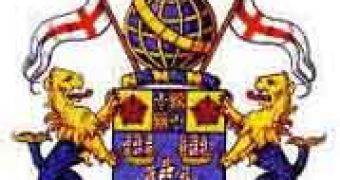Emily Erikson and Peter Bearman (Columbia University) have demonstrated that an early example of globalization was the direct result of individual malfeasance, specifically, private trade using company resources. The researchers analyze data from 4,572 voyages completed by the East India Trading Company from 1601 to 1833 - offering a rare and nuanced look at how densely connected global markets emerged from the misconduct of entrepreneurial individuals. The study will appear in the American Journal of Sociology.
"We show that for a limited period of time there emerged a unique opportunity for self-interested actors to act; that their actions culminated in a network infrastructure that transcended them, and ultimately created the context of their own demise," write Erikson and Bearman.
"That this context was also the context for the emergence of modern capitalist markets is fitting, for it suggests that the global capitalist trade networks now so familiar to us were to some significant extent the product of individual malfeasance."
Using evidence compiled from ship's logs, ledgers, and other sources, Erikson and Bearman show that captains and seamen of ships owned by the East India Company used their personal cargo holds to sustain illicit trade. Instead of returning to England as directed, these captains cycled through the East, weaving together exotic locales and inadvertently creating a global market in which fluctuations in one locale had repercussions throughout the world.
"Ironically, ex post, imperfect control over captains and ships led to long term gains for the English company," explain the authors. "In the East India case considered here, self-interested actors pursuing private gain within a corporate framework, engaging in fraud and abuse, produced a connected market with benefits for all participants."

 14 DAY TRIAL //
14 DAY TRIAL //